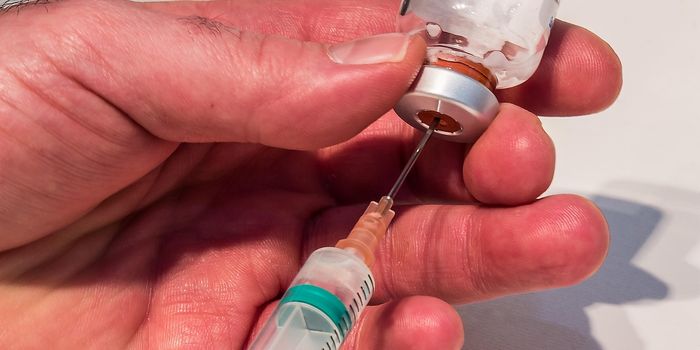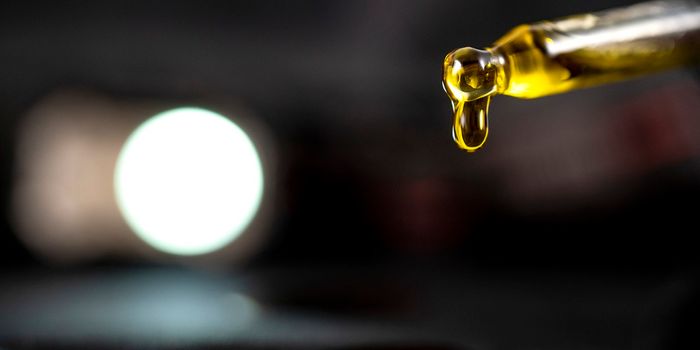Should You Brush Your Teeth With Wine?
Various research studies and clinical trials have found that there are some health benefits to having an occasional glass of wine. Red wine contains resveratrol, which has been shown to decrease the risk of heart disease in some populations. It's also found in dark chocolate and cocoa and has phytonutrients like lycopene and lutein.
There are some studies that suggest red wine could even help prevent cognitive decline in older adults. Research released recently points to another possible use for red wine. The American Chemical Society's journal published a study in their Journal of Agriculture and Food Chemistry that polyphenols in red wine could have oral health benefits.
What is it about these ingredients in red wine that is so beneficial? Polyphenols are antioxidants, so they are protective at the cellular level, keeping cells from being damaged by free radicals. Having looked further though, experts now attribute some of the benefits to how polyphenols behave alongside bacteria in the gut. This isn't a stretch, considering that many plants and fruits keep killer bacteria away by producing polyphenols to fight them off.
The team that looked at the effect red wine on teeth and gums wanted to understand, at the molecular level, precisely how bacteria and compounds from wine and grapes interact with bacteria that are present in the mouth.
Two specific polyphenols were investigated in the study, caffeic and p-coumaric acids. For comparison, the team also looked grape seed, and red wine extracts, specifically provinols and vitaflavan were the non-alcoholic compounds used in the study. Finding bacteria that cling to the teeth and gums wasn't difficult, but rather than inflicting it on dental patients, the team used cells that modeled gum tissue in vitro. Their results found that the actual compounds from the wine did a better job than the extracts. The team combined them with Streptococcus dentisani, which is known to be a dental probiotic and the results were even better at killing off bacteria that cause cavities and plaque.
So does this mean we should all down a glass of red wine and skip the nightly brushing and flossing? Not exactly. The authors stressed that the results were preliminary. It's possible that the polyphenols in wine could be used in dental treatments or toothpaste. It should be noted as well that compounds similar to those found in red wine are also found in fruits like cherries, raspberries, and blackberries. Finding a way to use these beneficial ingredients, without the genuine risks that over-consumption of alcohol can cause is what the researchers hope can happen in future studies.
As always, any good news that comes out of a study has to be balanced with what scientists already know. In the case of alcohol, overall, there are more diseases and conditions that are caused by its overuse than there are benefits. Alcohol is linked to some forms of cancer, dementia as well as to diabetes and obesity. More research, however, could lead to a way to isolate the properties of wine and other drinks that have positive effects, while limiting exposure to the more problematic ingredients.
Sources: American Chemical Society, Journal of Agricultural and Food Chemistry, Newsweek









